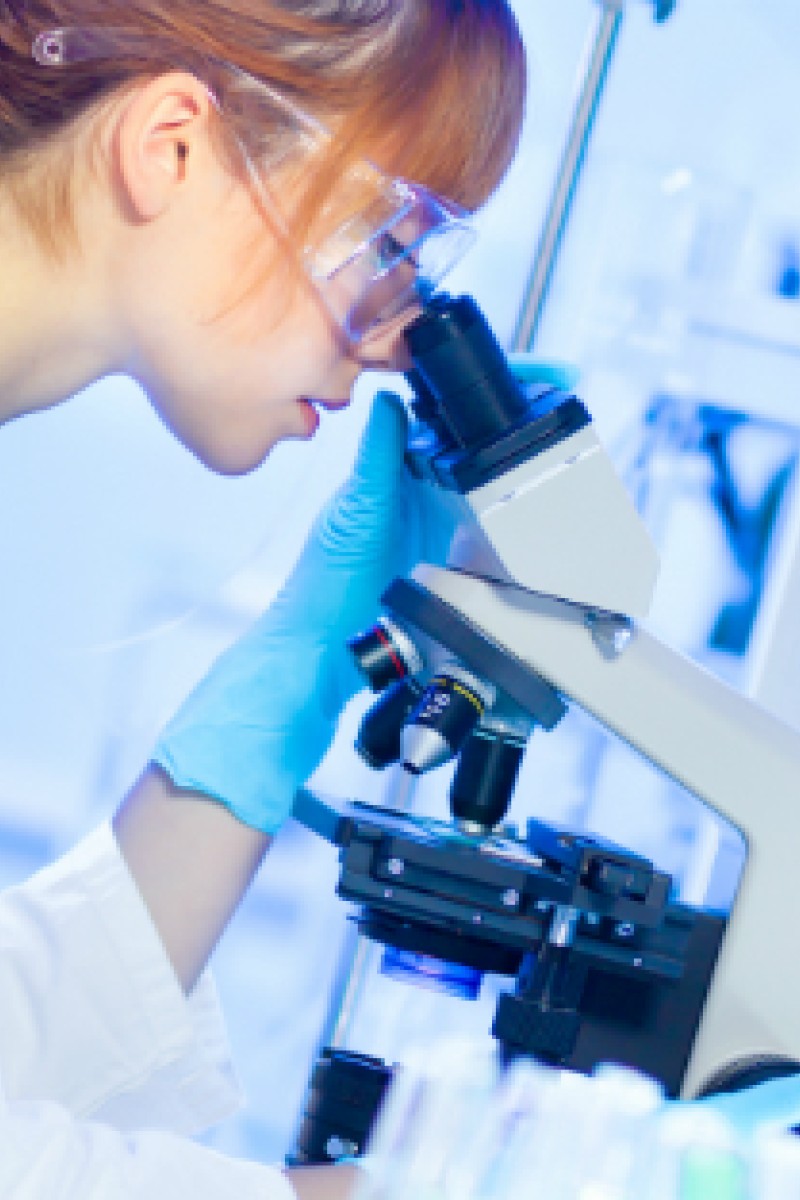
Changing our diet could help guard against the disease

Our bodies are made up of trillions of living cells. Normal body cells grow, divide, and die in a controlled cycle. But cancer cells are different. They don't undergo apoptosis, or "cell death". As a result, they spread.
It is not easy for normal cells to develop into cancer. Even if the DNA in normal cells has become cancerous, the cells won't turn into cancer immediately. Our bodies have a very strong immune system which can detect abnormal cells and get rid of them right away.
Cancer will develop if a person leads an unhealthy lifestyle, causing the immune system to become weak and unable to destroy cancerous cells. As they attack the immune system, the cancer cells mutate and become stronger, and harder to fight. This battle between the cancer cells and the immune system is called carcinogenesis.
During this battle, the immune system will find new ways to attack the mutated cancer cells. But if it can't stop the cancer growing, then malignant tumours form, and the patient is diagnosed with cancer.
Carcinogenesis takes at least 20 years, so cancer does not appear overnight!
In recent decades, some scientists have devoted their lives to cancer research.
They have discovered that certain foods, like soya beans, contain lots of flavonoids, which can help defend against cancer.
This summer, a group of City University students conducted research to find out which vegetables in our daily diet can help prevent cancer.
After performing experiments for two months, the students found that Chinese chives have the strongest anti-cancer properties of the eight types of vegetables tested. Further experiments will investigate which chemicals in the chives form this anti-cancer agent. If the active ingredient can be separated, we can move another step forward in the fight against cancer.